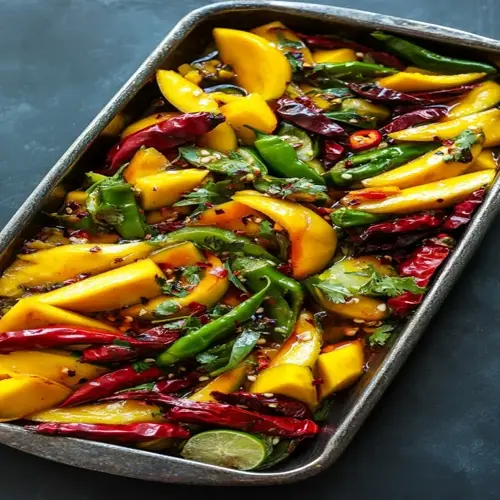How does olive oil benefit the liver?

Written by
Stella Nilsson
Reviewed by
Prof. Benjamin Murphy, Ph.D.Extra-virgin olive oil offers excellent health benefits specifically related to the liver due to its unique composition. The monounsaturated fat content helps decrease fat buildup in liver cells. At the same time, oleocanthal, an anti-inflammatory compound, is effective in combating inflammation at the cellular level. Thus, regular use of this oil for cooking and its incorporation in salad dressings is important in enhancing metabolic balance.
Olive oil contains active compounds that work collectively to offer protection to liver tissue. Specifically, oleocanthal inhibits inflammatory metabolic pathways like ibuprofen. Monounsaturated fats will moderate fat metabolism by reducing excessive fat storage. Collectively, these actions help maintain the liver's optimal functioning.
Fat Reduction
- Mechanism: Monounsaturated fats regulate fat metabolism
- Evidence: Daily use reduces liver fat by 20% in studies
- Tip: Use 1-2 tbsp daily in dressings or cooking
Anti-Inflammatory
- Mechanism: Oleocanthal blocks inflammatory enzymes
- Evidence: Comparable effect to 10% ibuprofen dose
- Tip: Choose cold-pressed extra-virgin for highest levels
Antioxidant Protection
- Mechanism: Polyphenols combat oxidative stress
- Evidence: Protects against toxin-induced damage
- Tip: Store in dark bottles away from heat
Detox Support
- Mechanism: Enhances glutathione production
- Evidence: Boosts liver's natural cleansing capacity
- Tip: Combine with garlic for synergistic effect
Proper use of olive oil is crucial to preserving its beneficial properties and effects. When cooking, use temperatures below 375°F to avoid chemical and nutrient degradation. Raw uses, such as in dressings, retain 100% of the oil's potency. To ensure that the olive oil retains its full potency, smell for a fresh aroma that indicates the presence of beneficial compounds that have developed in the oil.
Mix olive oil with other liver-supportive foods. Drizzle over steamed vegetables or use as a or use as a marinade for fish. Blend into smoothies. These combinations support nutrient absorption and offer comprehensive liver protection.
For optimal results, choose high-quality extra-virgin olive oil. Timeliness matters; look for a harvest date that occurs within 18 months. Consider the bottle choice; opt for a dark glass bottle. Authentic extra-virgin olive oils will have a peppery taste and a high concentration of polyphenols. Again, quality extra-virgin olive oil is important when considering the liver benefits.
Regularly incorporate olive oil into your daily life. Swap out butter for olive oil spreads. Use it in your cooking, replacing cooking oils. Regular daily usage, over time, contributes to the accumulation of benefits that maintain liver health in the long term.
Read the full article: Top Liver Support Foods for Better Health

